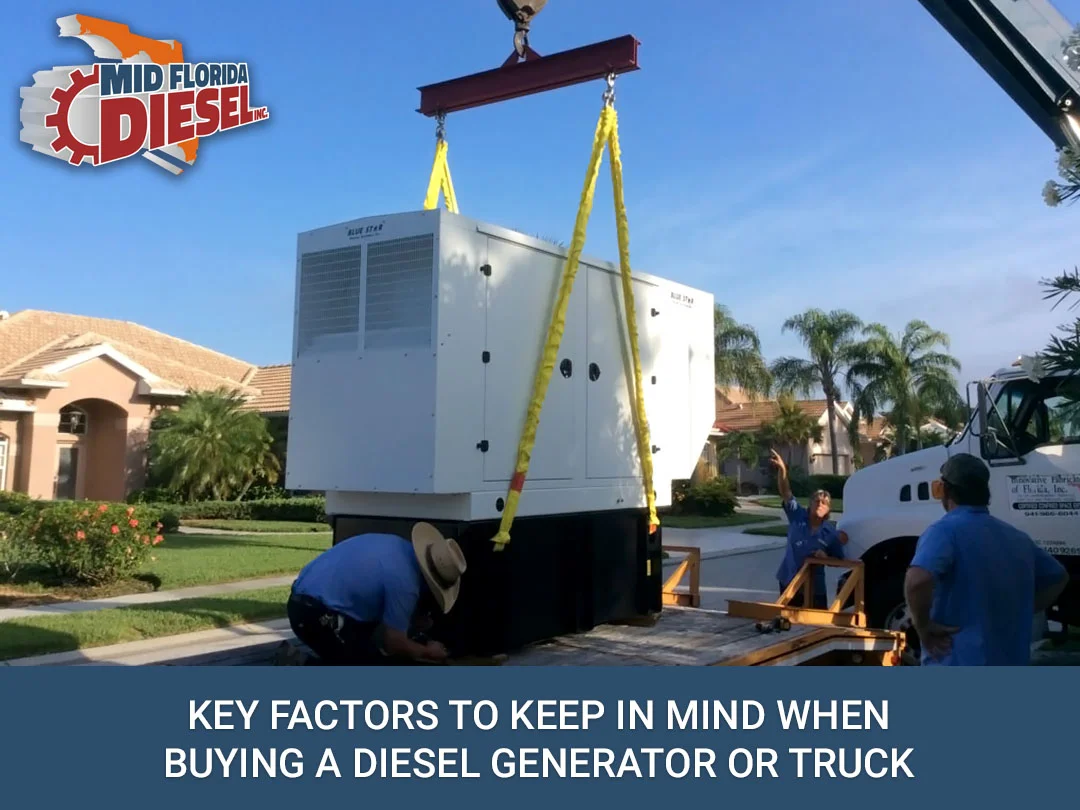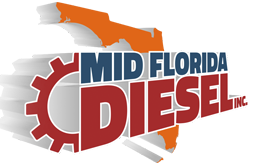 When it comes to purchasing a diesel generator or a diesel truck, there are several crucial factors to consider to ensure you get the most value and efficiency from your investment. Whether you need a generator for backup power or a diesel truck for transportation and logistics, understanding these factors is key.
When it comes to purchasing a diesel generator or a diesel truck, there are several crucial factors to consider to ensure you get the most value and efficiency from your investment. Whether you need a generator for backup power or a diesel truck for transportation and logistics, understanding these factors is key.
Diesel Generators
1. Size and Capacity
– The size of the generator should match your power requirements. An undersized generator will not be effective, while an oversized one can be inefficient and more expensive to operate. Consider the peak and continuous power needs of your operations.
2. Type of Generator: Standby vs Portable
– Standby generators are permanently installed and automatically start during a power outage. Portable generators are smaller, less expensive, and can be moved to different locations as needed.
3. Efficiency and Fuel Consumption
– Look for generators with high fuel efficiency to minimize operating costs. The efficiency of a generator is often related to its size and the load it’s under.
4. Brand and Seller Reputation
– Choose a generator from a reputable brand and a seller with good customer support. The reliability and durability of the generator are essential for long-term use.
5. Enclosure Type
– The enclosure protects the generator from environmental factors and reduces noise. Depending on where you plan to use the generator, the type of enclosure can be a significant factor.
6. Voltage and Power Output
– Ensure that the generator’s voltage and power output capabilities align with what you need for your equipment or facility.
7. Cost vs Necessity
– Balance the cost of the generator with your specific needs. In some cases, such as hospitals or emergency services, the necessity may justify a higher cost.
Diesel Trucks
1. Engine Health and Performance
– Check the engine for signs of wear and tear, such as leaks, smoking, or knocking noises. The engine’s condition will significantly impact the truck’s reliability and efficiency.
2. Transmission Quality
– The transmission is a critical component. Inspect it for smooth operation and signs of potential issues, such as strange noises or difficulty in shifting gears.
3. Fuel Efficiency
– Since fuel is a major operating cost, look for diesel trucks known for good fuel efficiency. This is especially important for long-haul transportation.
4. Maintenance History
– A well-documented maintenance history can provide insights into the truck’s condition and potential future issues.
5. Payload and Towing Capacity
– Depending on your needs, assess the truck’s payload and towing capacity. Ensure it can handle the weight and types of loads you intend to transport.
6. Comfort and Safety Features
– Consider the cabin’s comfort and safety features, especially if the truck will be used for long-distance driving. Comfortable seating, visibility, and advanced safety features can reduce driver fatigue and accidents.
7. Brand Reputation and Resale Value
– Choose a truck from a brand known for durability and reliability. Also, consider the truck’s resale value for future trade-in or sale.
8. Cost of Ownership
– Factor in the total cost of ownership, including purchase price, fuel, maintenance, insurance, and potential repairs.
In the pursuit of maintaining and optimizing diesel generators and trucks, it’s essential to partner with a service provider that offers expertise, reliability, and comprehensive care. Mid Florida Diesel stands out as a premier choice for those in need of specialized diesel services. Whether it’s diesel generator repairs, diesel truck maintenance, or handling John Deere industrial engines, Mid Florida Diesel’s team of professionals in Tampa offers exceptional service and expert knowledge. Their commitment to quality and customer satisfaction makes them an ideal partner for all your diesel engine needs.
Picture Source: Mid Florida Diesel





